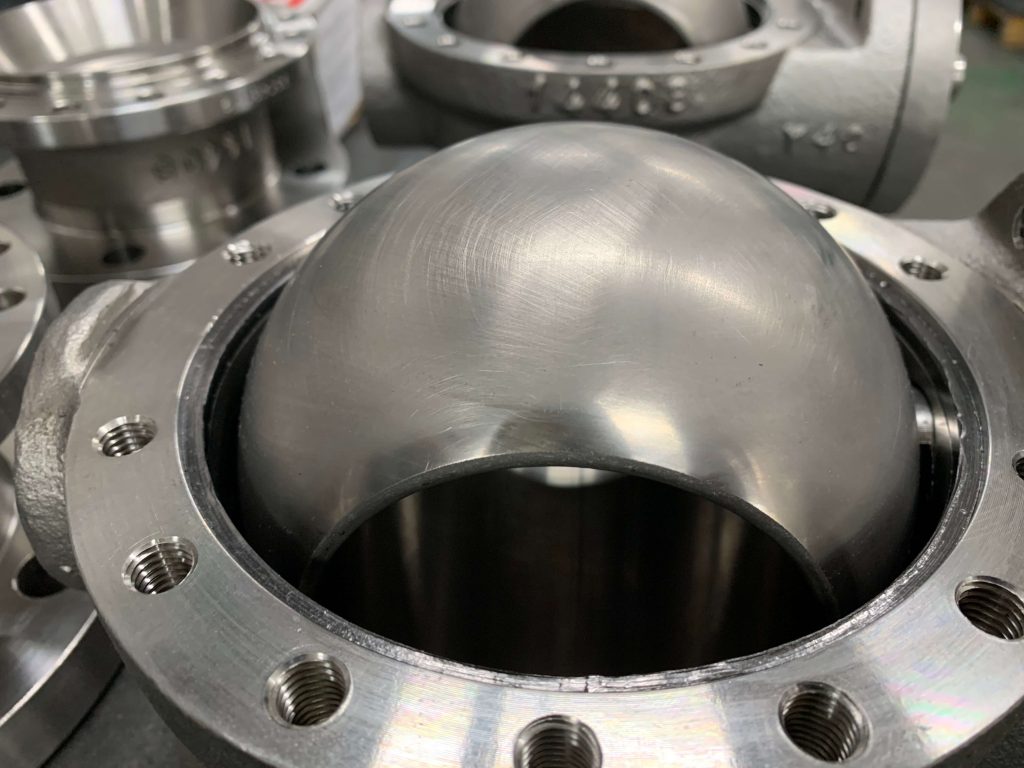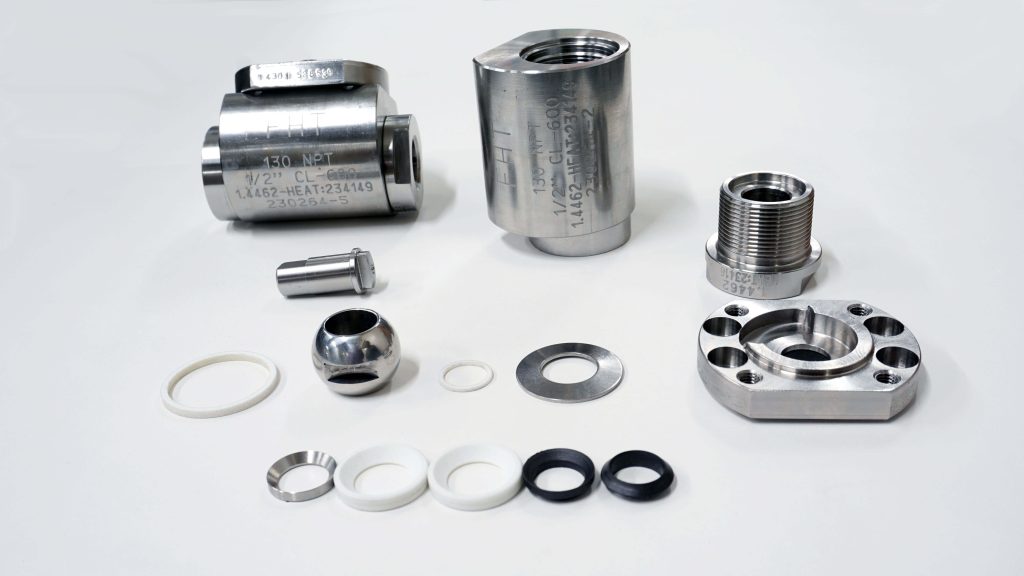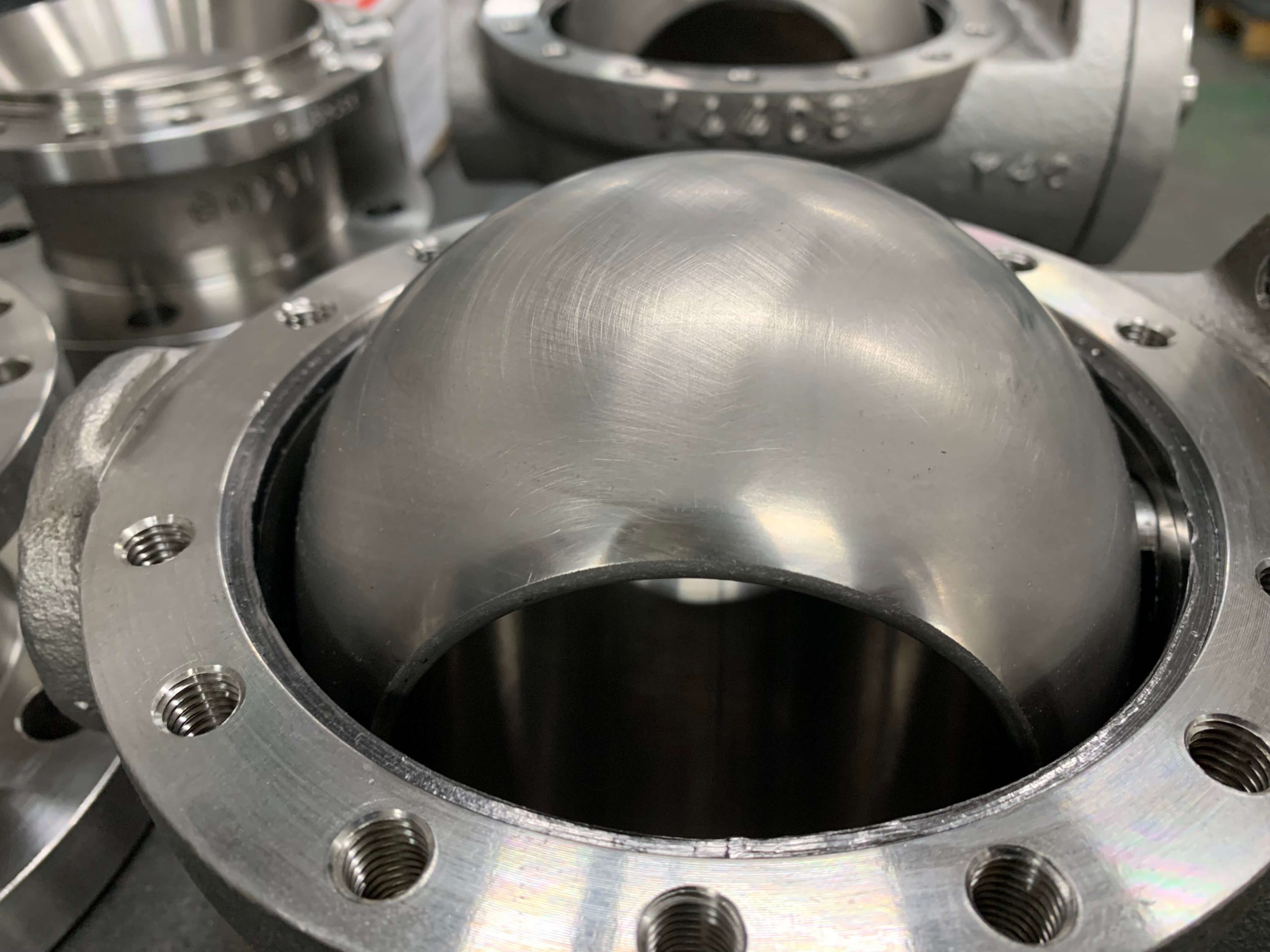What is the best option?
As the world of industry and engineering advances, challenges are constantly presented when selecting the right components for various applications. When it comes to flow control systems, choosing the right valve is critical to ensure optimum performance and reliable operation.
In this article, we will focus on a common but crucial question, “Which is the better choice?” when comparing metal-seated ball valves and soft-seated valves.
Both options have their own features and benefits, but also present significant differences in terms of design, operation and ideal applications. We will explore the advantages and disadvantages of each type of valve, as well as key factors to consider when making an informed decision. By understanding the features and implications of each option, you will be better equipped to choose the most appropriate valve for your specific needs.
Introduction to ball valves and their importance in the industry
Ball valves are a type of valve widely used in industry to control and regulate the flow of liquids or gases through pipes and ducts. They are known for their simple yet effective design, which allows precise flow control with quick and easy open/close operation.
Ball valves consist of a body with a ball-shaped opening inside, which can rotate to allow or block the flow. A fundamental part of ball valves is the seat, which is the sealing surface that comes in contact with the ball and prevents leakage or pressure loss when the valve is closed.
Metal-seated ball valves: features and benefits
Metal-seated ball valves are manufactured with a hard metal seat, such as stainless steel or cobalt alloys, which offers a number of distinct features and advantages compared to soft-seated valves.
Increased resistance to erosion and abrasion: The metal seat of ball valves is much more resistant to erosion and abrasion caused by fluids flowing through the valve. This makes them ideal for applications where the fluid contains solid particles or is highly corrosive, which could quickly damage or degrade the seat of a soft-seated valve.
Longer service life: Due to their resistance to erosion and abrasion, metal-seated ball valves tend to have a longer service life compared to soft-seated valves. This reduces maintenance and replacement costs, making them a more cost-effective option in the long run.
Greater temperature and pressure range: Ball valves with metal seats are capable of withstanding extreme temperatures and pressures, which makes them suitable for applications where high performance is required under high temperature and pressure conditions. In contrast, soft-seated valves may have limitations in terms of temperature and pressure due to the nature of the soft seat material.
Increased leak resistance: The metal seats of ball valves offer increased leak resistance compared to soft-seated valves. This is because the hard seat material creates a more effective seal with the ball, preventing unwanted leakage and pressure loss.

Metal-seated ball valve with metal seats
Soft-seated valves: features and benefits
Improved sealing: Soft-seated valves offer improved sealing compared to metal-seated ball valves. This is because the soft seat material conforms better to the ball, creating a more effective seal. This is particularly important in applications where corrosive or toxic fluids are handled and must be kept within the system.
Increased vibration absorption: Soft-seated valves are able to better absorb vibrations and shocks that may occur in the system, reducing the risk of damage to piping or the valve itself.
Easier installation: Soft-seated valves are easier to install compared to metal-seated ball valves. This is because the soft seat material adapts better to irregularities in the piping or valve body, reducing the need for additional adjustments.
Lower cost: In general, soft-seated valves are less expensive than metal-seated ball valves. This is because the materials used in the manufacture of soft-seated valves are less expensive than those used in metal-seated ball valves.

Soft seat valve
Typical applications of soft-seated valves
Soft seat valves are suitable for a wide range of applications in industry. Some typical applications include:
Water and wastewater applications: Soft seat valves are ideal for water and wastewater applications due to their ability to effectively seal the fluid and resist corrosion.
Chemical applications: Soft seat valves are widely used in chemical applications due to their ability to resist corrosive and toxic chemicals.
Pharmaceutical and food applications: Soft seat valves are used in pharmaceutical and food applications due to their ability to prevent product contamination.
Low pressure applications: Soft seat valves are suitable for low pressure applications due to their ability to effectively seal the fluid at a low pressure level.
Conclusion
In conclusion, both metal-seated ball valves and soft-seated valves have their own characteristics and advantages depending on the specific application in which they are to be used. While metal-seated ball valves are more resistant to erosion and abrasion and have a longer service life, soft-seated valves offer better sealing and vibration absorption.
They are also easier to install and less expensive. The choice of the right valve will depend on the application and the specific conditions.

